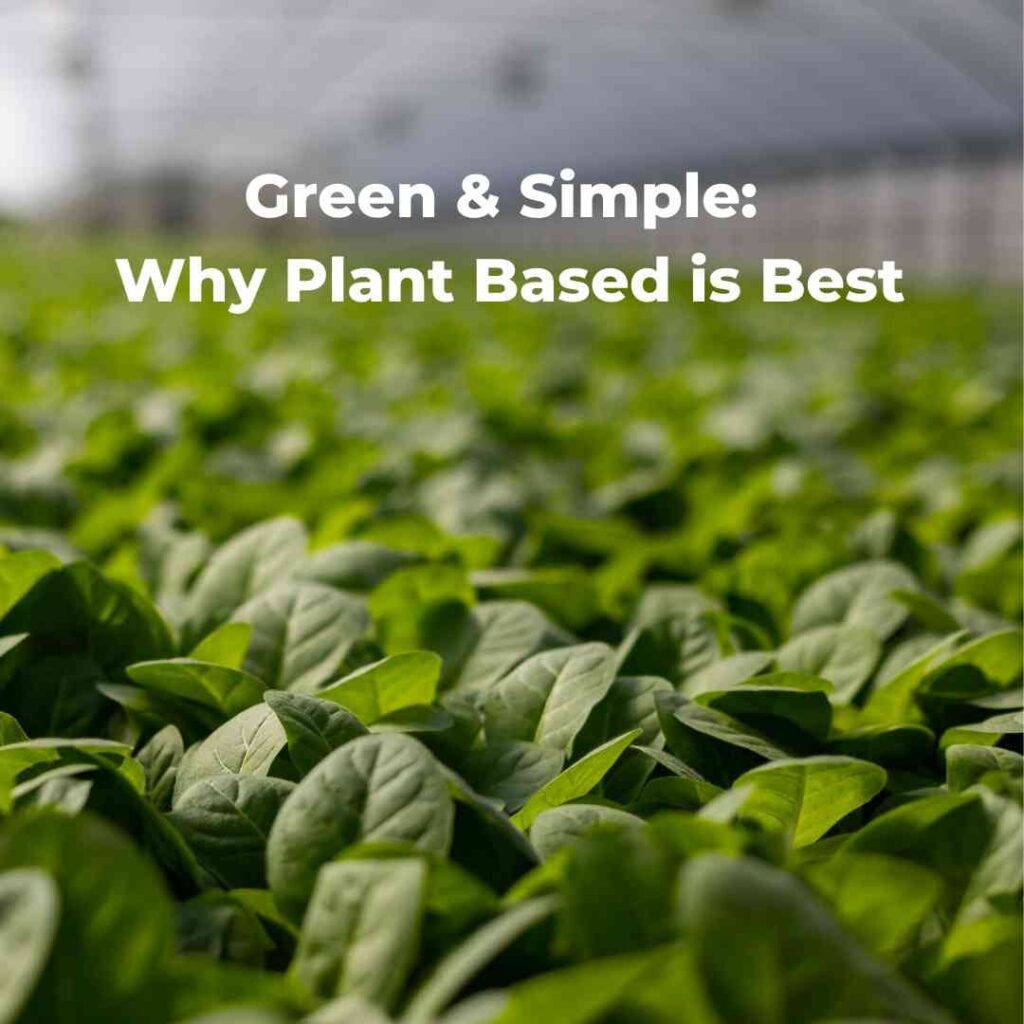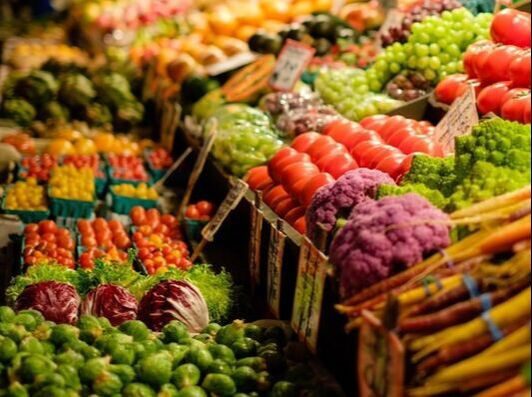
Green & Simple: Why Plant Based is Best
In the recently released EAT-Lancet Commission report, it was stated that “food is the single strongest lever to optimize human health and environmental sustainability on Earth”. It’s no secret that global food production is one of the biggest threats to climate sustainability, and this begs the question: what constitutes a sustainable diet? The answer is green and simple. “A diet rich in plant-based foods and with fewer animal source foods confers both improved health and environmental benefits,” says Walter Willett, MD, professor at Harvard T.H. Chan, school of public health.

While some people may believe that ditching meat, dairy, and other animal by-products are too extreme a sacrifice, others believe that the personal and environmental benefits make the choice a no-brainer. The potential health benefits alone are quite convincing. When it’s done right, a vegan diet can lower cholesterol enough to significantly reduce your risk of heart disease. Veganism can also lower the likelihood of developing type 2 diabetes and certain types of cancer, such as colon and prostate cancer. Additionally, cutting out animal products is also known to help people to lose excess weight, and with approximately 13% of the world’s adult population classified as obese in 2016, this may well be enough of a reason to make the change.
The consumption of meat and other animal products contributes to widespread pollution, global warming, land degradation, deforestation, water scarcity, global hunger, and species extinction. In fact, according to this source, the diet of a meat eater creates seven times the greenhouse gasses as the diet of a vegan. If every American dropped a single serving of chicken from their diet per week, it would save the same amount of CO2 emissions as taking 500 000 cars off the road. You’d save more water by not eating one pound of meat than you would by not taking a shower for six months. Raising animals for food uses 30% of the Earth’s total land mass, occupying more space than the entire surface of the moon.
The numbers are clear: meat-heavy diets are a waste of resources, and switching to a plant-based or vegan diet is one of the most effective ways to reduce your ecological footprint. While a vegan diet is widely believed to be beneficial for the planet, not all plant-based products are green and sustainable. Products like Oreos and Kellogg’s cereals, while tasty and vegan, are doing vast damage to the environment because they include an ingredient called palm oil. Palm oil plantations accelerate the global temperature rise, release massive amounts of CO2 and directly threaten 193 of the world’s critically endangered species, including the Bornean Orangutan (source: International Union for Conservation of Nature). It goes without saying that vegan products which include palm oil are not green, but rather mean.
There is a dire need for change in the global food system and we, as consumers, have the ability and responsibility to vote with our money. Our demand (or lack thereof) affects the supply of either sustainable or unsustainable foods. Above all, the most environmentally friendly diet you can follow is one that includes locally sourced, plant-based foods. Opting for whole foods that don’t involve processing and packaging is the best way to reduce your environmental impact while properly nourishing your body.
The switch to veganism doesn’t have to mean ‘all or nothing’: meat can be phased out progressively, one meal at a time, and with the hoard of recipes and resources accessible online, there’s hardly an excuse not to give it a try. Changing to a vegan diet does mean eliminating certain foods, but it also provides an opportunity to improve your physical health, and that of the planet, and to explore many new and exciting flavour combinations that are clean, green, and simple.
If you would like to see how much you could reduce your impact on the environment try this vegan calculator. https://thevegancalculator.com/
By Emma Hanly




